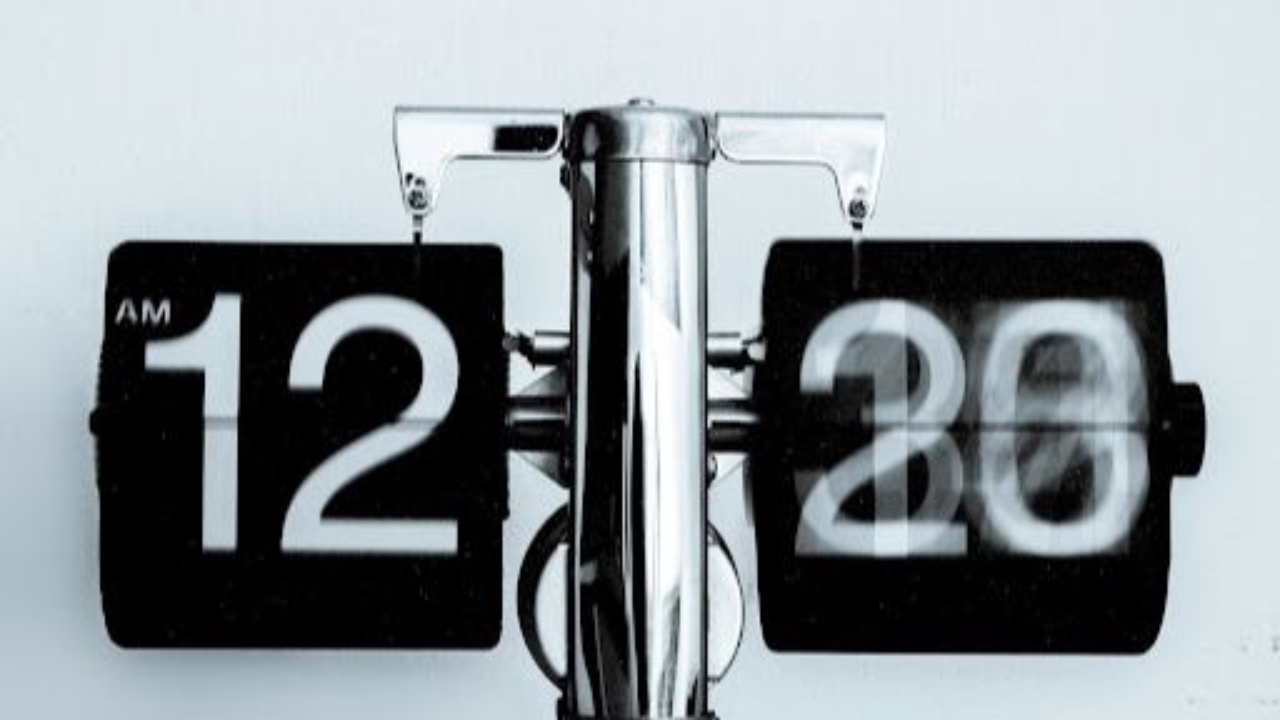The #1 Craft Tip I Give to First-Time Christian Writers

One Thing Every New Christian Author Should Remember
“If you’re asking someone to invest their time and money in your story, give them more than they paid for — every single time.”
One of the questions I’m asked most by Christian writers who are just starting out — especially those publishing their first book — is:
“If you could give me one piece of advice, what would it be?”
Here it is:
Never forget the price point.
Now, that might sound a bit business-minded or even crass — but stick with me.
Writing is a calling, yes. It’s a ministry. It’s art. But it’s also asking someone to invest: their time, their attention, and yes, their money.
Let’s say your book sells for $32 - the current going rate for new hardcover books. That may not sound like much, but for many readers, it’s the equivalent of a meal, a monthly streaming subscription, or some other necessity.
In today’s economy, people are choosing carefully. So if they choose your book — especially as a new author — your job ...
The 11th Rule Every Writer Needs

My Bonus Rule
First, thank you so much for all of your responses to last week’s blog post - writers love rules. 🙂
Veronica shared with me her abbreviated version from author Charles Martin:
- First, books won't write themselves...
- Second, just get it on paper...vomit it out!
- Third, honesty trumps intelligence.
- Last, you are the only you on planet earth.
And this one from Mary: Don’t quit. So good. I need that reminder; Maybe you do too.
Thank you, Veronica and Mary!
Here’s my bonus rule, an 11th rule, if you will, that I was reminded of this week when talking with a client: Go where the fire is.
We often wait for permission or false indicators that the time is now to write something. Some of my clients think linearly, so they start with writing the Intro or Chapter One. That makes total sense, but often there might be more momentum or curiosity about Chapter Eight. That’s where the fire is. Go to it.

🎯 The people you’re meant to reach are already looking for yo...
Clarity > Clever: Ten Rules Every Writer Needs

My Top Ten Rules for Writing (Letterman Style)
When I was in middle school, my mom let me stay up late in the summer to watch David Letterman. The deal was, I had to head to bed right after the Top Ten list. Maybe that’s why I’ve always loved lists.
David Ogilvy—the godfather of modern advertising—had his own list: ten rules for writing. He once said, “People who think well, write well.”
In that same spirit, after 20+ years in publishing (and 11 as a literary agent), here are my ten rules for writing:
- Writers are readers. Don’t read? Don’t write.
- Clarity > clever. Simplicity wins.
- Facts hit the brain. Stories hit the heart.
- If it’s boring to write, it’ll be boring to read.
- Match the genre. An email ≠ a book.
- Writing requires writing. Put in the work.
- Nonfiction = problems + promises.
- Hope is not a strategy.
- Revision is where the magic happens.
- Some beats none. Always.
Like Ogilvy, I believe writing is a muscle. Natural talent only grows through practice. Writing isn’t...
How to Write a Hook Readers Can’t Ignore

Your Hook Is Not a Lesson
One of the most common mistakes I see new authors make is using their book hook to try and teach something.
But here’s the truth: your hook is not a lesson. It’s a spark.
The purpose of a hook isn’t to explain your book. It’s to intrigue your reader so much that they can’t help but lean in.
Take Gary Thomas’s Sacred Marriage. The subtitle asked:
What if God designed marriage to make us holy more than to make us happy?
That single question flipped readers’ expectations on their head. It didn’t try to teach. It just asked something bold—something no one could ignore.
Your hook should do the same.
- Ask something unexpected.
- Say something bold.
- Frame your premise as a question that demands an answer.
Do this, and your hook won’t just explain your book. It will ignite it.

🎯 The people you’re meant to reach are already looking for you. Let us help you find them.
How to Stand Out to Your Audience is the course that helps you name who you’re really ...
Clarity Beats Polish

“Don’t polish until you do this first.”
Autumn, with all its pumpkin spice goodness, is here, whether you were ready or not. I’m writing this to you from a place of “somewhat” ready. I’m a big fall fan, but I’m still mourning the end of summer. Nobody on the road, Nobody on the beach.
Let’s talk today about clarity and its arch-nemesis, polish.
Ever read a beautifully written passage—smooth sentences, clever wordplay, gorgeous descriptions—only to finish and think, But what was that actually about?
We’ve never had more ways to polish our words. Yet too often, the message gets buried under the shine.
Pixar co-founder Ed Catmull once put it this way: “Story is King… we would let nothing—not the technology, not the merchandising possibilities—get in the way of our story.”
In other words, clarity comes first. Everything else—style, rhythm, even beauty—must serve the core message. Too often, writers reverse the order. We try to sound good before we know if what we’re saying is good....
Even Writer's Block Has a Gift

Nobody wants to sit staring at a blinking cursor for two hours. Nobody wants to get their manuscript back from an editor filled with red ink. Nobody wants to watch a book proposal they poured months into get rejected.
We don’t want these scenarios. We rightfully dread them. We do everything we can to avoid them. But why is it so hard to see the silver lining in them?
That blinking cursor means you have the rare chance to slow down, reimagine, and rediscover your story’s heart.
The red ink? It’s not failure—it’s proof someone engaged deeply enough with your work to sharpen it into something stronger.
The rejection? As hard as it is, it gives you time and space to refine your voice, improve your craft, and prepare for an opportunity that might be better than the one you thought you wanted.
We don’t have to like these moments. However, we can choose to appreciate what they produce: better writing, thicker skin, sharper clarity, and deeper stories. Because not every season gives us t...
Why Pros Write SMART

The dog days of summer are upon us with the back-to-school hustle in full swing. I hope each of you is heading into the fall season with the wind at your back; if not, I hope the wind will pick up.
I was reminded today that often what determines our success is how we show up when we don’t feel like it. It’s easy to show up when we are feeling great, but those days can be few and far between.
I love what Steve had to say about this. He responded to last week’s email with what was holding him back: He needs to get back on the wagon after vacation, dropping his kids off at college, and navigating an unexpected homeowner's claim. His goal is to have 55,000 words for a manuscript by September 13th.
It sounds like Steve is navigating life. Each of us has our own list of things that are vying for our attention and pulling us away from our writing.
What I love about Steve’s goals is that they’re SMART. Are you familiar with SMART goals? SMART goals are a framework for setting effective...
Mastering Writing Habits for the Journey Ahead

When Discipline Fails, These Habits Can Save You
This work, the writing life, is a grind. I recently saw this Tolstoy quote and wanted to share it with you: “A man on a thousand-mile walk has to forget his goal and say to himself every morning, ‘Today I’m going to cover twenty-five miles and then rest up and sleep.' ”
On the writing journey, it’s tough to wake up every day thinking about the pages of work ahead. That’s why you have to focus on today’s twenty-five miles. Then get some rest. Then repeat.
That’s how you reach the end — not by obsessing over the distance, but by mastering the discipline of showing up daily.
The goal is important.
But in the end, it’s the routine that gets you there.
Another way to think about routine is through habits. If I focus too much on my routine, I get distracted because inevitably, something breaks my routine — a sick kid, a work deadline, etc. Life is excellent at doing that to us. So, what do I do when I’ve been knocked off cou...
When the Day Punches Back

How Writers Stay on Their Feet When the Day Goes Sideways
I woke up today with the best intentions.
A fresh to-do list. A full tank of motivation. I was ready to go after it.
After a long holiday weekend (with too much ice cream), I felt ready to reset and get back into the swing of things.
But the day had other plans.
The brakes went out on our car.
The laundry pile had doubled.
And—just to top it off—a bird made a nest in the wreath on our front door.
Not exactly the productive Tuesday I had envisioned.
It reminded me of that classic Mike Tyson quote:
“Everyone has a plan until they get punched in the mouth.”
As writers, our days can feel like that. We start with big plans, but then life takes a turn.
So, how do we stay standing?
It starts with priorities.
Not the rigid, corporate kind. I like to think of priorities more like bamboo—flexible, adaptable, strong.
Author Brad Stulberg offers a helpful concept called raising the floor. It means adjusting your expectations wh...
Halfway There? Here's How to Finish Strong

How to Finish 2025 Strong (Without Burning Out)
I ran track & field in college, where I competed in the 800-meter race. That race is a combination of speed, toughness, and doing your best to hang in there until the end. Too short to pace, too long to sprint. It’s brutal. The key to running a great half-mile is found in a racing strategy called the negative split.
A negative split is completing the second half of a race faster than the first half. It's a pacing strategy where a runner starts slower and gradually increases their pace, aiming to finish stronger than they started.
I never thought to apply this mindset outside the track until Jon Acuff reminded me. Honestly, it made me a little mad at myself for not thinking of it first, given my experiences with it. Acuff takes it a step further and explains that whatever you’ve done in the first half of the year—times you’ve exercised, worked on a hobby, or written your book—you should double it.
On July 2nd, we will be halfw...

